Senegal tips
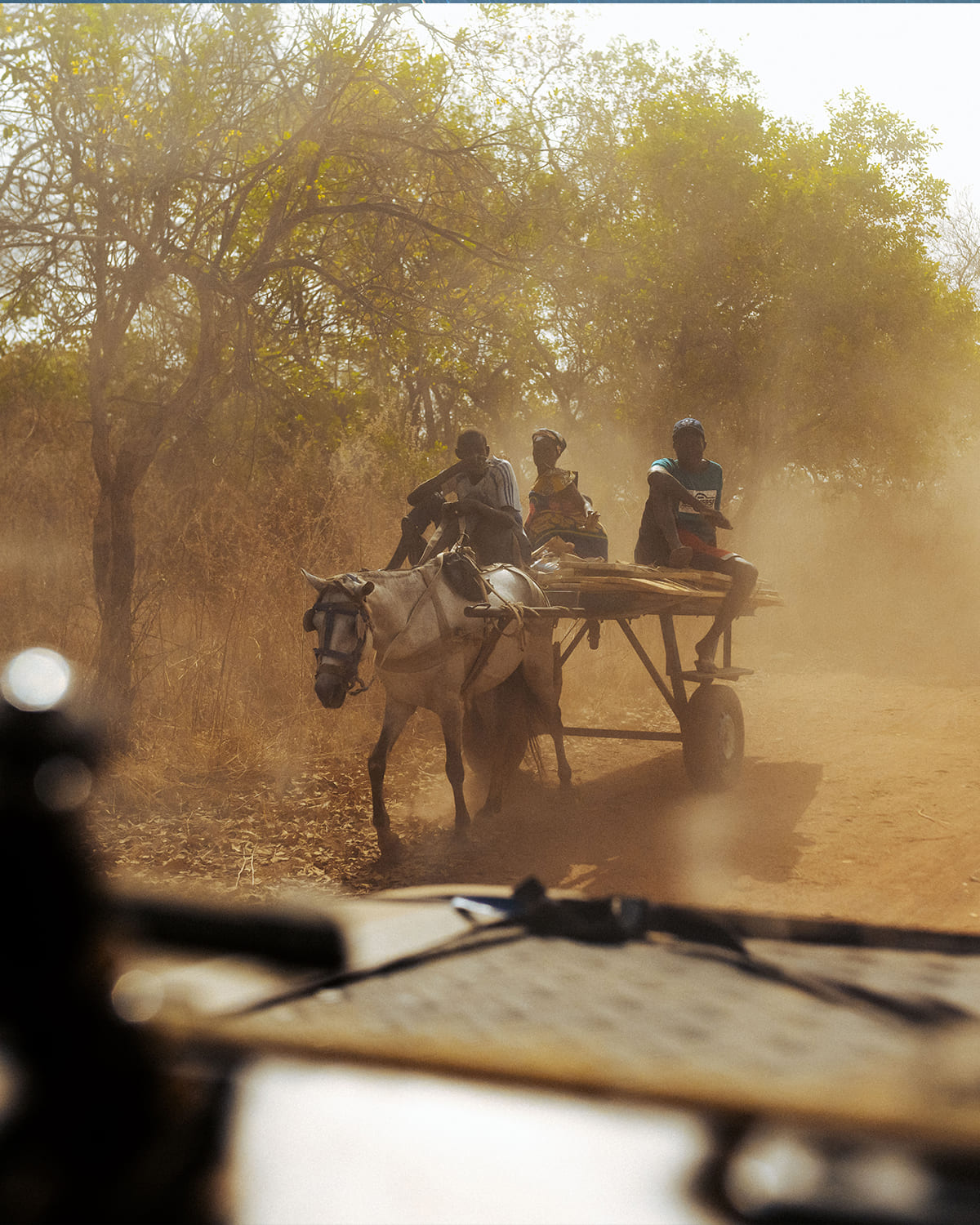
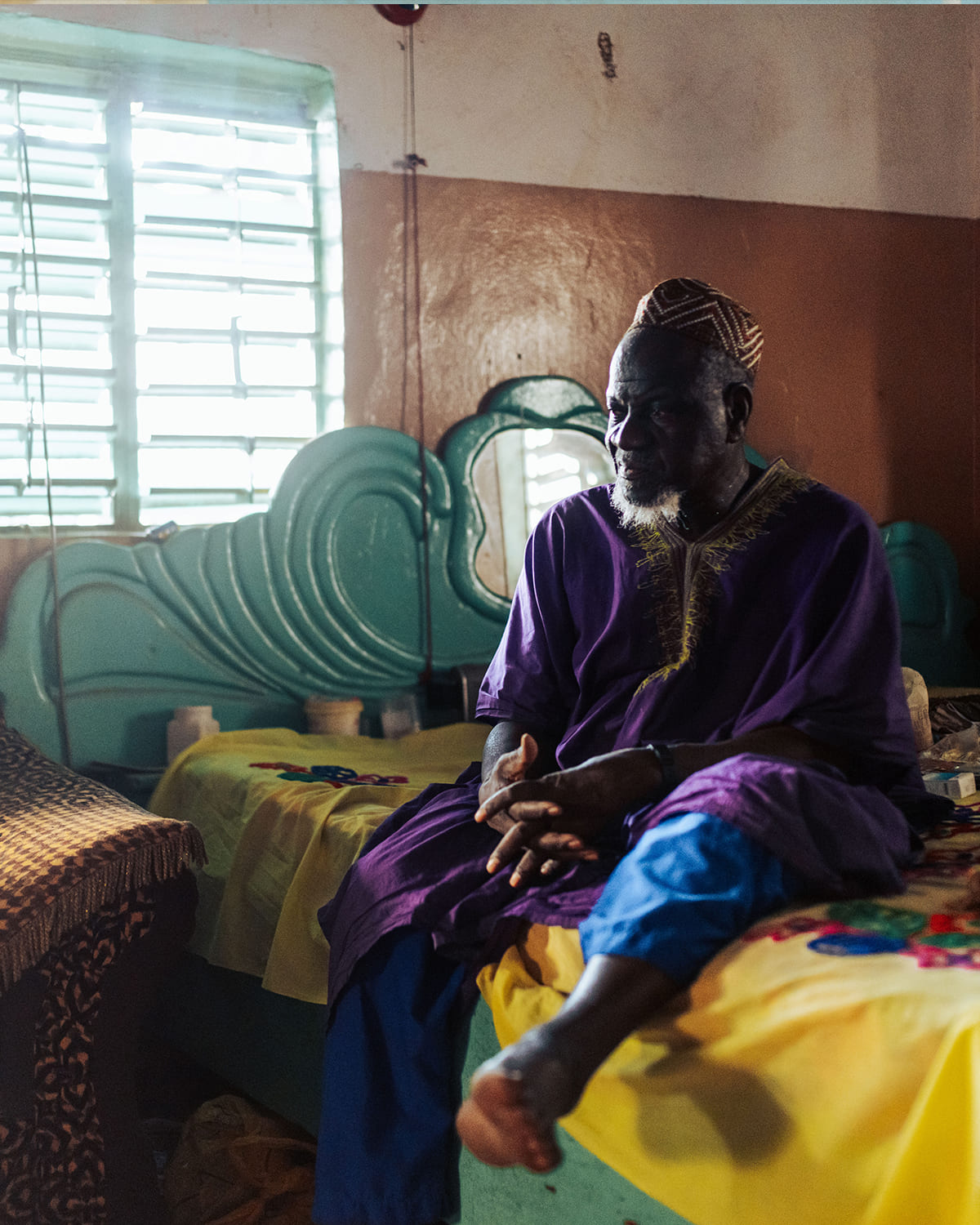
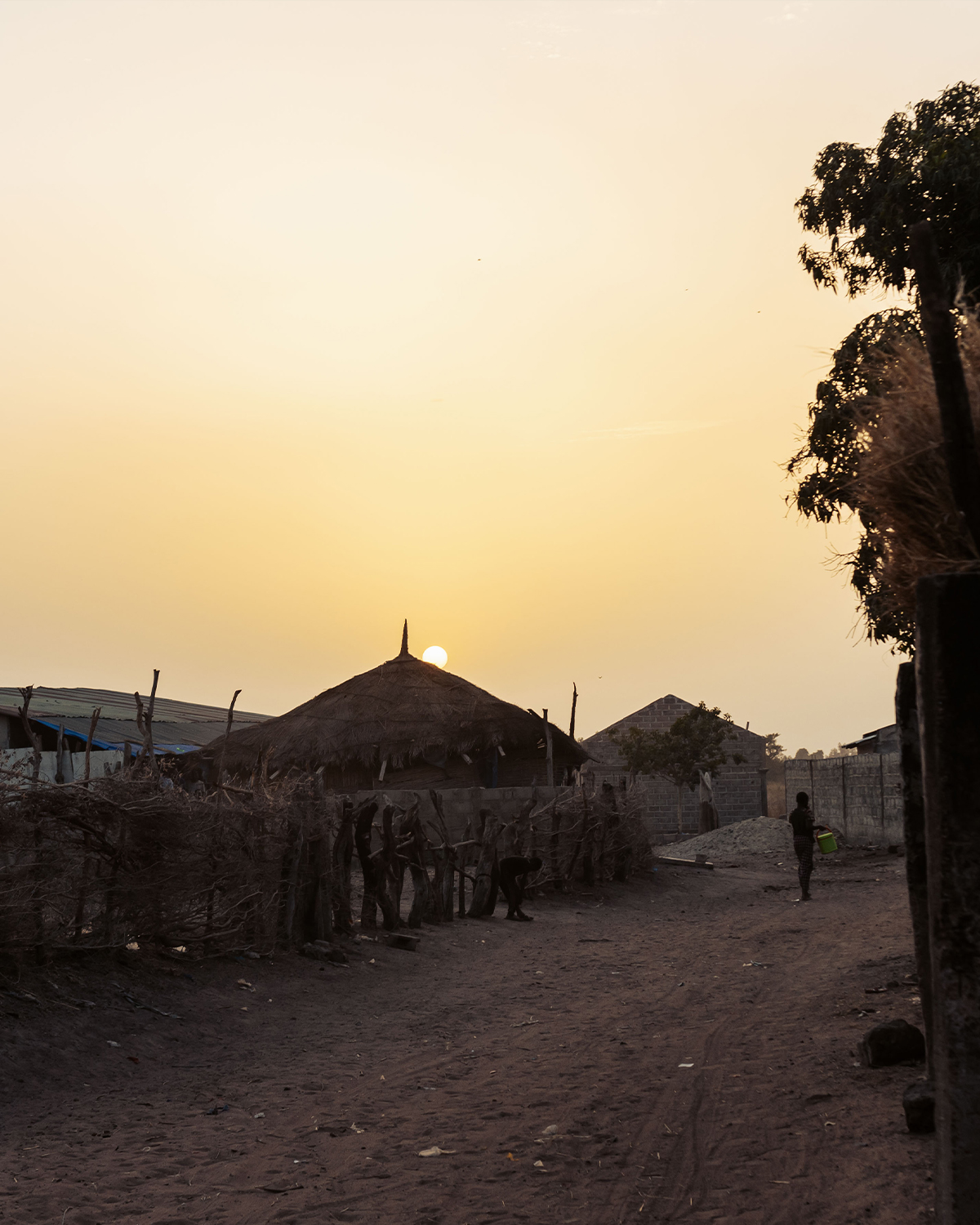
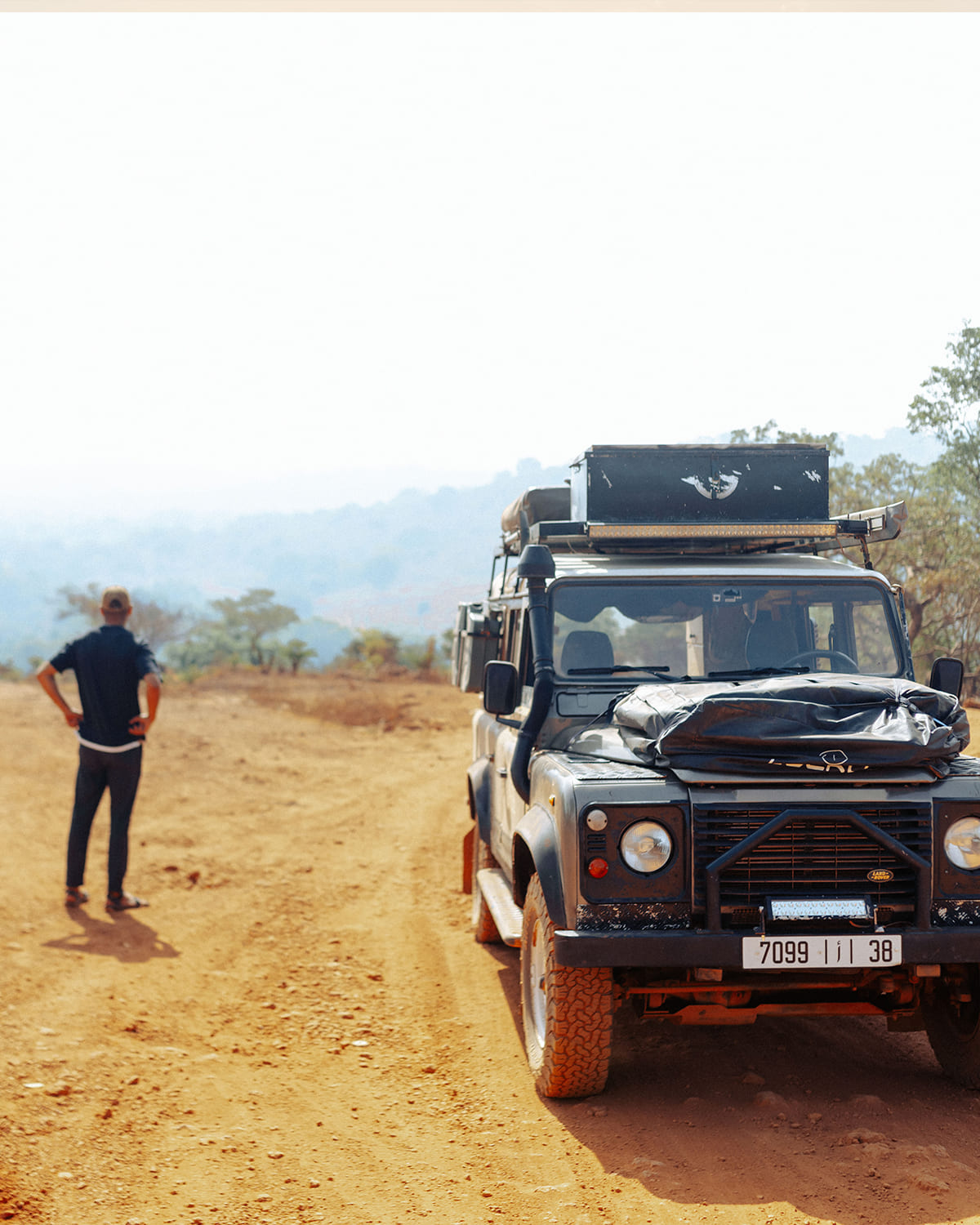
Country of Teranga
Teranga; which means in the local language Wolof hospitality. After entering the borders from Mauritania to Senegal we already felt the big hospitality offered by the people. While we had to wait for our papers to be done at the border, we were invited to some tea and home-cooked food.
Senegal offers a unique diversity in West Africa with its golden beaches, tropical forests, grasslands, and as well some deserted parts. As the country is well prepared for tourists it is easy to move around and find nice spots to dive into the vibrant African culture. Senegal has open borders, which means that almost every country in the world can obtain a visa on arrival.
Some tips and tricks from our experience for Senegal:
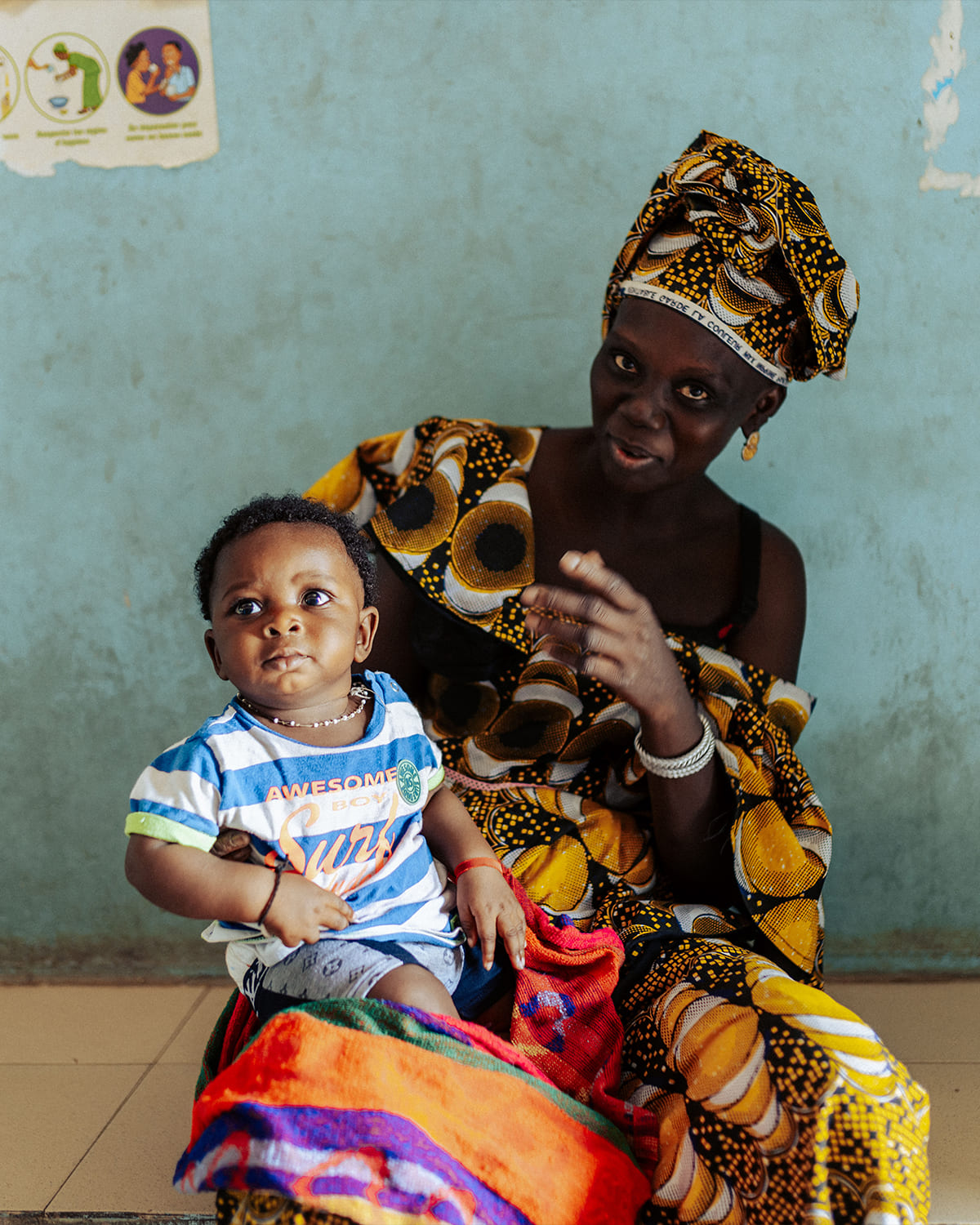
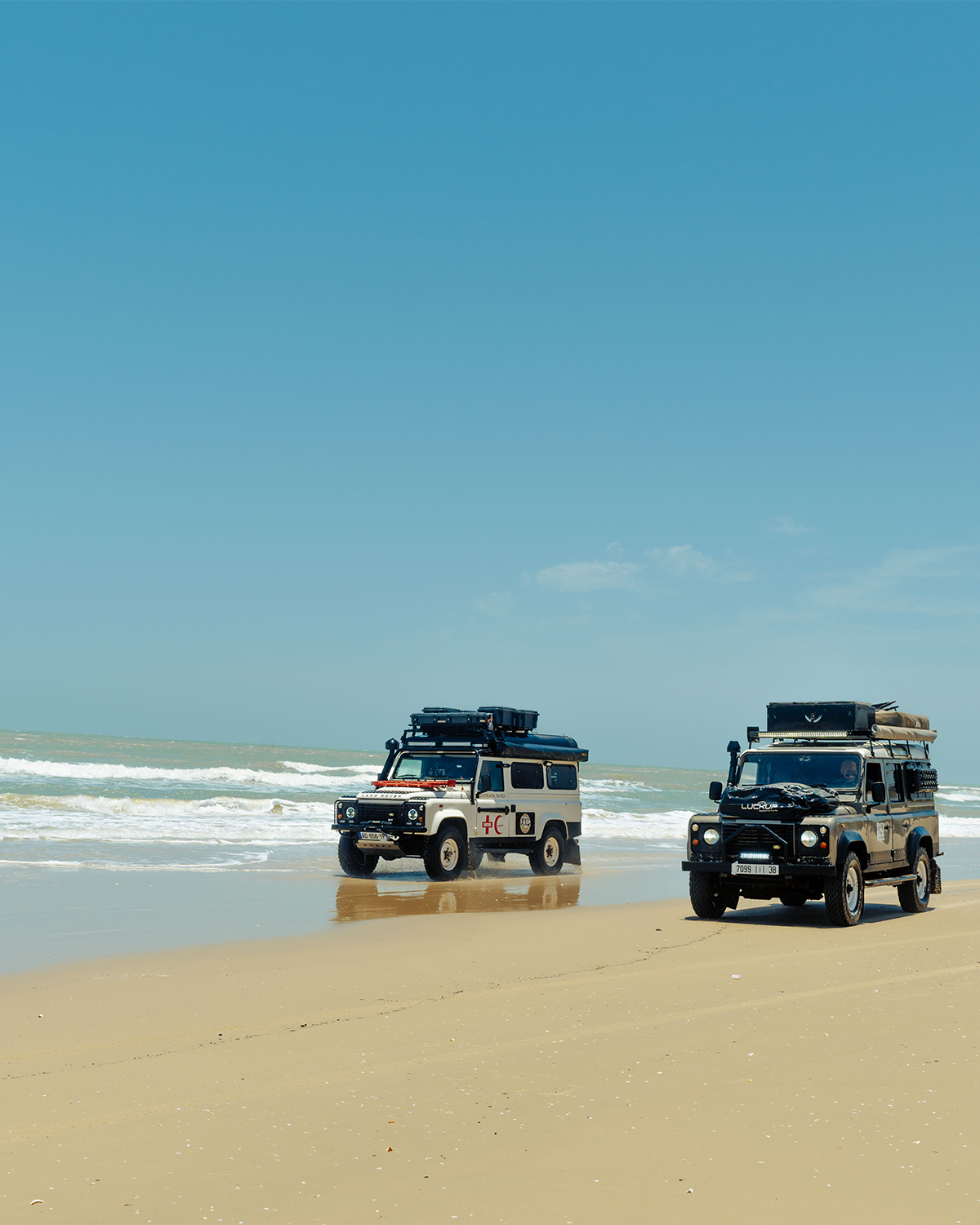
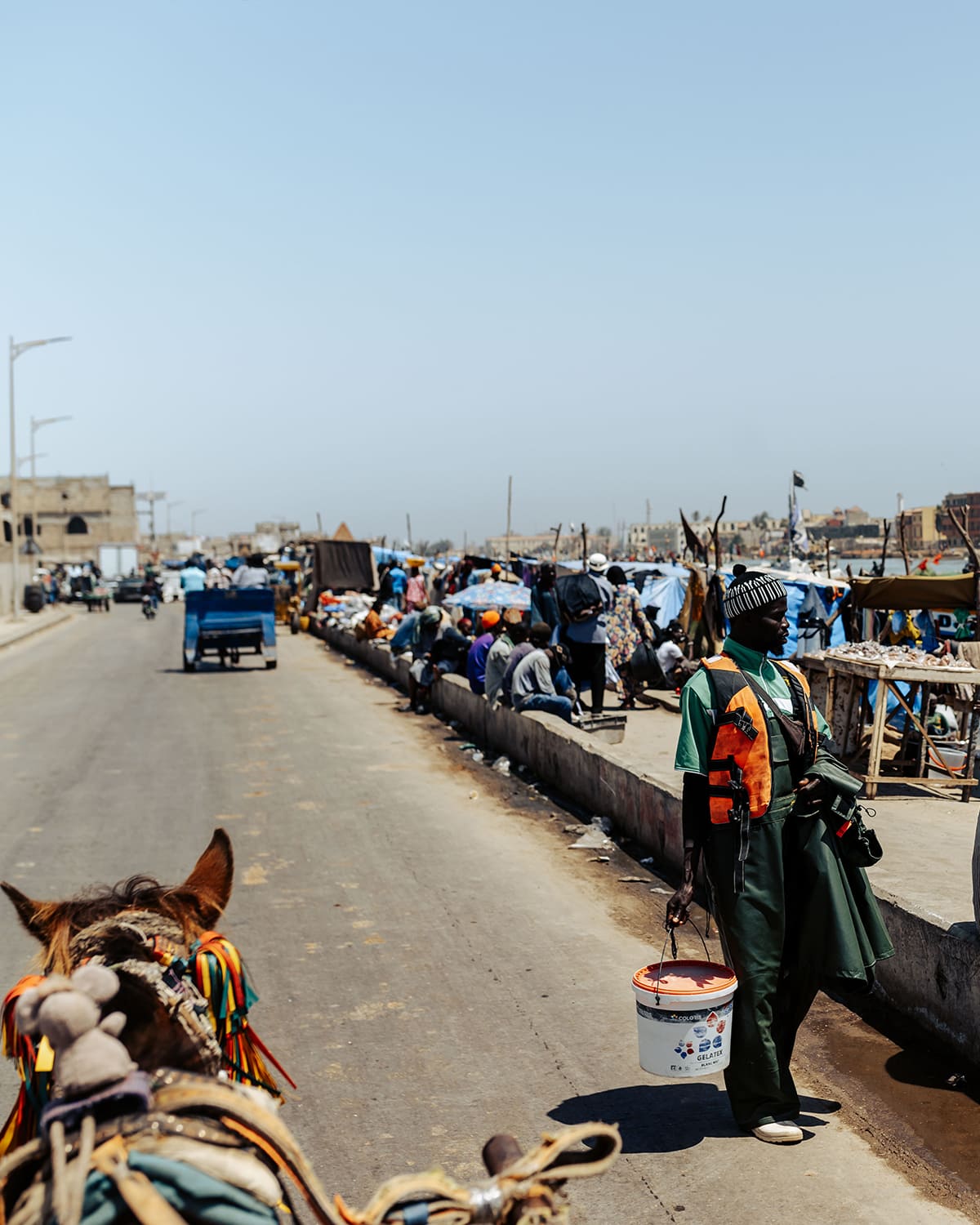
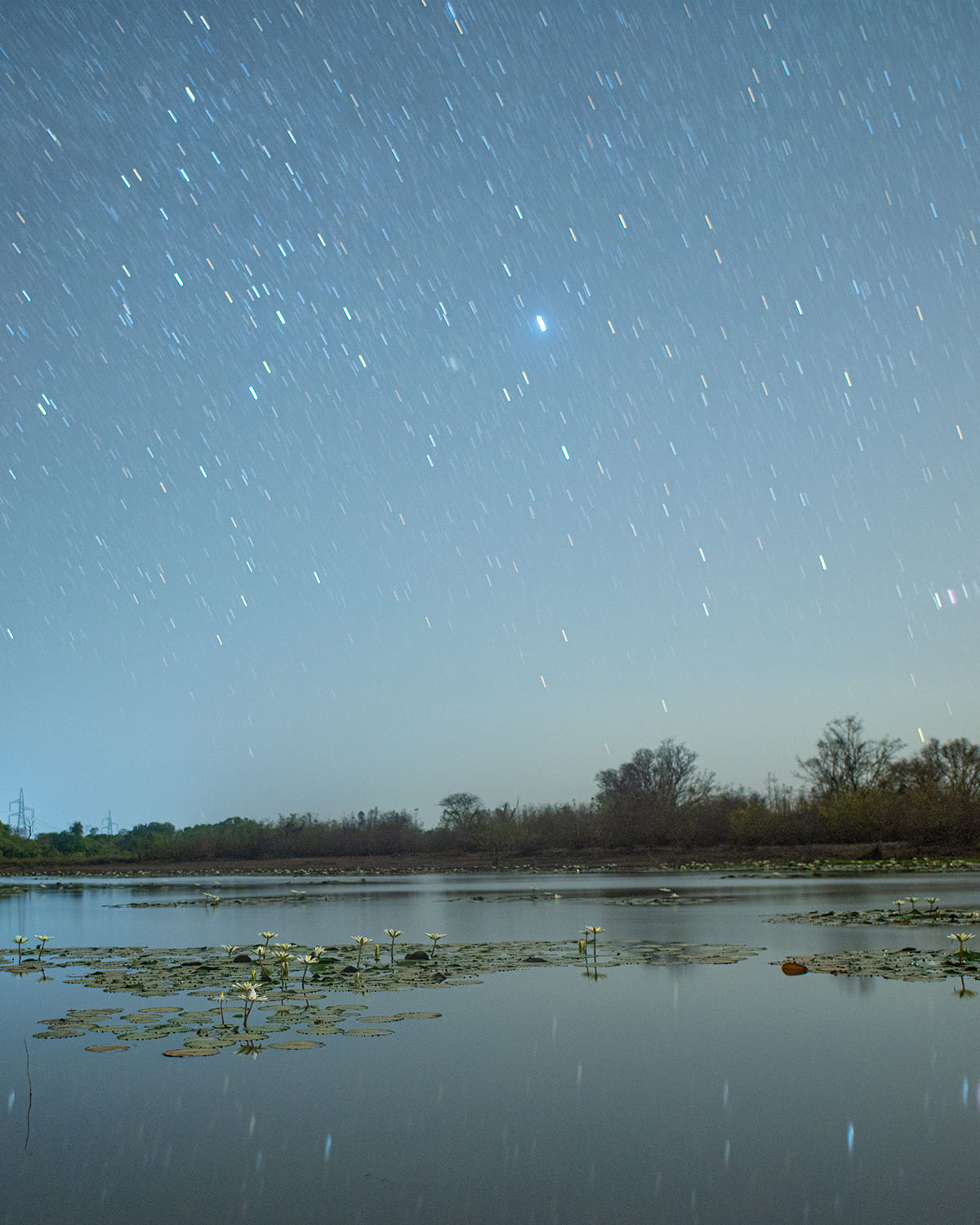
Tips & Tricks :
- Entry Requirements:
Ahead of entering Senegal, you need a valid passport and a visa. You can apply for a visa at the Mauritanian embassy in your home country or upon arrival at the airport or land border. (More information about crossing the border from Mauritania to Senegal can be found here.)
- Vehicle Requirements:
For Overlanding Senegal, you need to have a valid driving license and car insurance; either available at the border of Senegal or in any other big city. We recommend the brown card which is valid for three months and covers several other West African countries. Either a carnet de passage en douane (CPD) is required or there are different possibilities to get a temporary allowance to pass the country (more details found here.)
- Road Conditions:
Most of the roads in Senegal are in a very good condition. Only if you pass in between small towns and nature parks unpaved roads can be found. Even the unpaved roads are in a good condition.
We were in Senegal in the dry season which meant we had a lot of dust in our car.
- Navigation:
Most of the roads in Senegal are in very good condition. Only if you pass in between small towns and nature parks unpaved roads can be found.
Even the unpaved roads are in good condition.
We were in Senegal in the dry season which meant we had a lot of dust in our car.
- Safety:
Senegal is counted as one of the safest countries in Africa. Even tho Dakar faces at the moment quite a lot of unrest and protests.
Keep your distance around the coastline of Dakar suburbs and the beach of Lac Rose as thievery is happening in this region.
- Money:
The currency in Senegal is Central Franc Arique (CFA) it is also used in seven other countries in West Africa. Paying with credit card is only possible in big supermarkets. Getting money in the country is not a big deal as you can find ATMS in bigger cities.
Take some cash with you as there are no ATMs in smaller towns.
- Food Supplies:
Supermarkets with European goods are all over the place. The supermarket chain Auchan could be found in the north of Senegal. In the south European products are not as much available still it is possible to buy the necessary things in the small shops. We recommend buying meat just from shops with a trustworthy fridge.
- Car supplies:
Spare parts for the car are always recommended as it is not easy to find them everywhere. Our joint broke in the Dakar region and we were lucky that the mechanic could find the piece. Still, we had to pay a higher price than in Europe.
- Accommodations:
In the big cities, campsites for the car are not available, hence some hotels offer to sleep in the car on their parking ground. These places are mostly way too overpriced.
Here and there campsites for overlanders can be found in Senegal, especially in touristical areas.
In our case, we mostly wildcamped. Which is not a problem at all.
- Network:
We got the local sim card from Orange as well from Free.
Orange can be quite expensive from the offerings but has a stable network in all of Senegal.
Free on the other hand is just available in bigger cities and its network is not as widely spread but you can receive a big internet volume for lesser money.
- Culture:
Senegal is in majority a Muslim country, and it’s important to respect local customs and traditions. Dress modestly, especially in rural areas, and avoid public displays of affection. Travel respectfully. The more south you travel the more churches are there.
- Language:
The official language is French. Even tho Woloff is mostly spoken, while french is widely just basic. It’s helpful to know some basic phrases in either language to communicate with locals. Be aware that not a lot of people speak English.
Good to know
- Highlights:
Saint Louis
former capital of Senegal and French West Africa.
The history of the country is visibly in the beautiful architecture throughout the city.
Dakar
the capital of Senegal. Vibrant, busy city with a lot of skyscrapers as well it has the highest statue of Africa.
Lac Rose
owes its name to its pink colouring for swimming and is also the terminus of the Dakar rally.
Unfortunately, the lake hasn’t been pink for years through the rise of the water level.
Touba
center of Mouride religious brotherhood. Beautiful mosque in the center of the city.
Someone
the nature park is quiet and you will be surrounded from mangroves.
Local beaches are close by as well some beaches with tourist attractions.
Casamance / Cap Skirring
Tropical beaches with windsurfers in the ocean. Casamance region is filled with Cashew trees and greenery.
- Weather:
Senegal is part of the Sahel region, even tho it has the rainy season. Therefore the best travel time is from November to March. Drink a lot of water and as well put sun protection.
Senegal is the door to Africa. It feels like arriving in a colorful, vibrant dance nation filled with cultural diversity and beautiful Landscape prepared for visitors to see.
